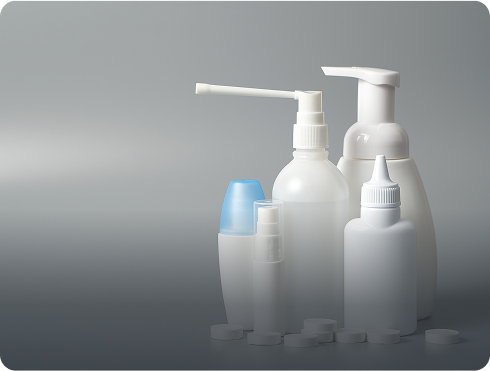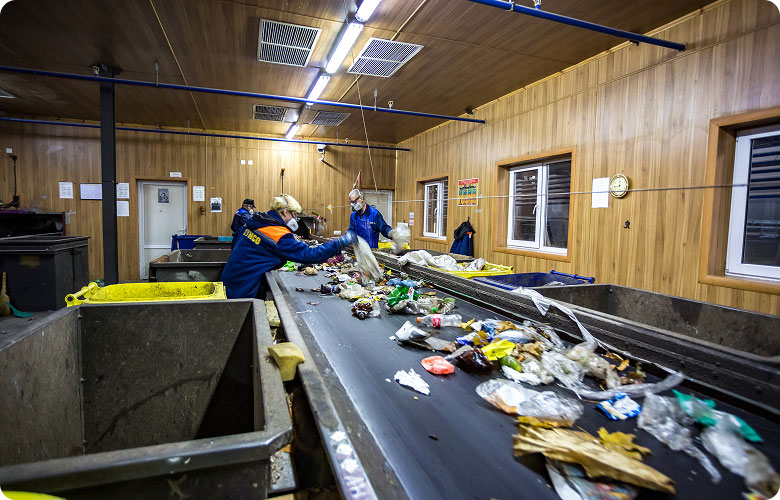
Sustainability is no longer just a buzzword—it’s a necessity. Consumers are becoming increasingly eco-conscious, demanding health and beauty products that align with their environmental and ethical values. As a result, brands are under pressure to integrate sustainability into their operations, from sourcing raw materials to packaging and distribution.
Several factors are driving this shift, including stricter regulations, growing environmental concerns, and corporate ESG (Environmental, Social, and Governance) commitments. Brands that fail to adapt risk losing consumer trust, while those that embrace sustainability gain a competitive advantage. By adopting zero-waste manufacturing, eco-friendly beauty packaging, and ethical sourcing, companies can enhance their reputation, reduce costs, and contribute to a more sustainable future.
Let’s explore the biggest health and beauty sustainability trends shaping 2025.
One of the most visible areas of sustainability in beauty is packaging. The industry has long relied on plastic, much of which ends up in landfills or the ocean. In response, brands are moving toward biodegradable, compostable, and refillable packaging solutions to minimize waste.
Several ethical beauty brands are leading the way in zero-waste packaging, proving that luxury and sustainability can coexist. As technology advances, expect more innovations that make sustainable packaging both cost-effective and aesthetically appealing.
Water conservation in production is becoming a priority, leading to a surge in waterless beauty products. Traditional skincare and haircare formulations rely heavily on water, but with increasing water scarcity worldwide, brands are finding ways to reduce their dependence on this vital resource.
For manufacturers, waterless beauty formulations offer significant benefits, including lower shipping costs, extended shelf life, and reduced carbon footprint. Consumers, on the other hand, enjoy a more sustainable product without compromising on performance.
Consumers are demanding greater transparency in ingredient sourcing, pushing brands to adopt ethical ingredient sourcing practices. Sustainability in the cosmetics supply chain is no longer optional—it’s expected.
By prioritizing ethically sourced, cruelty-free, and vegan-friendly ingredients, brands build consumer trust while reducing their environmental impact. Learn more from the American Chemical Society.
As the beauty industry seeks to lower its environmental footprint, more brands are committing to carbon-neutral and climate-positive initiatives.
A step beyond carbon neutrality is becoming climate-positive, where brands remove more carbon from the atmosphere than they produce. These initiatives help companies align with consumer values while contributing to the fight against climate change.
Technology is playing a vital role in advancing sustainability. AI-driven solutions are helping brands optimize supply chains, reduce waste, and enhance transparency.
By integrating AI and digital solutions, brands can make data-driven decisions that benefit both the environment and their bottom line.
Sustainability isn’t just an ethical choice—it’s a smart business decision. Companies that prioritize green beauty innovations gain consumer trust, regulatory compliance, and cost savings.
However, brands must be cautious of greenwashing—misleading sustainability claims that can damage credibility. Transparency and authenticity are key to successfully implementing sustainability initiatives.
As health and beauty sustainability trends continue to evolve, brands must take proactive steps to remain competitive. The future of beauty lies in sustainable cosmetics supply chains, eco-friendly skincare, and ethical ingredient sourcing.
The brands that act now will set themselves apart in a rapidly changing industry. Sustainability is no longer just a trend. It’s the future of health and beauty. See how Parallel Products is helping health and beauty brands adopt sustainable practices here.
Ready to achieve your sustainability goals? Contact us today.
